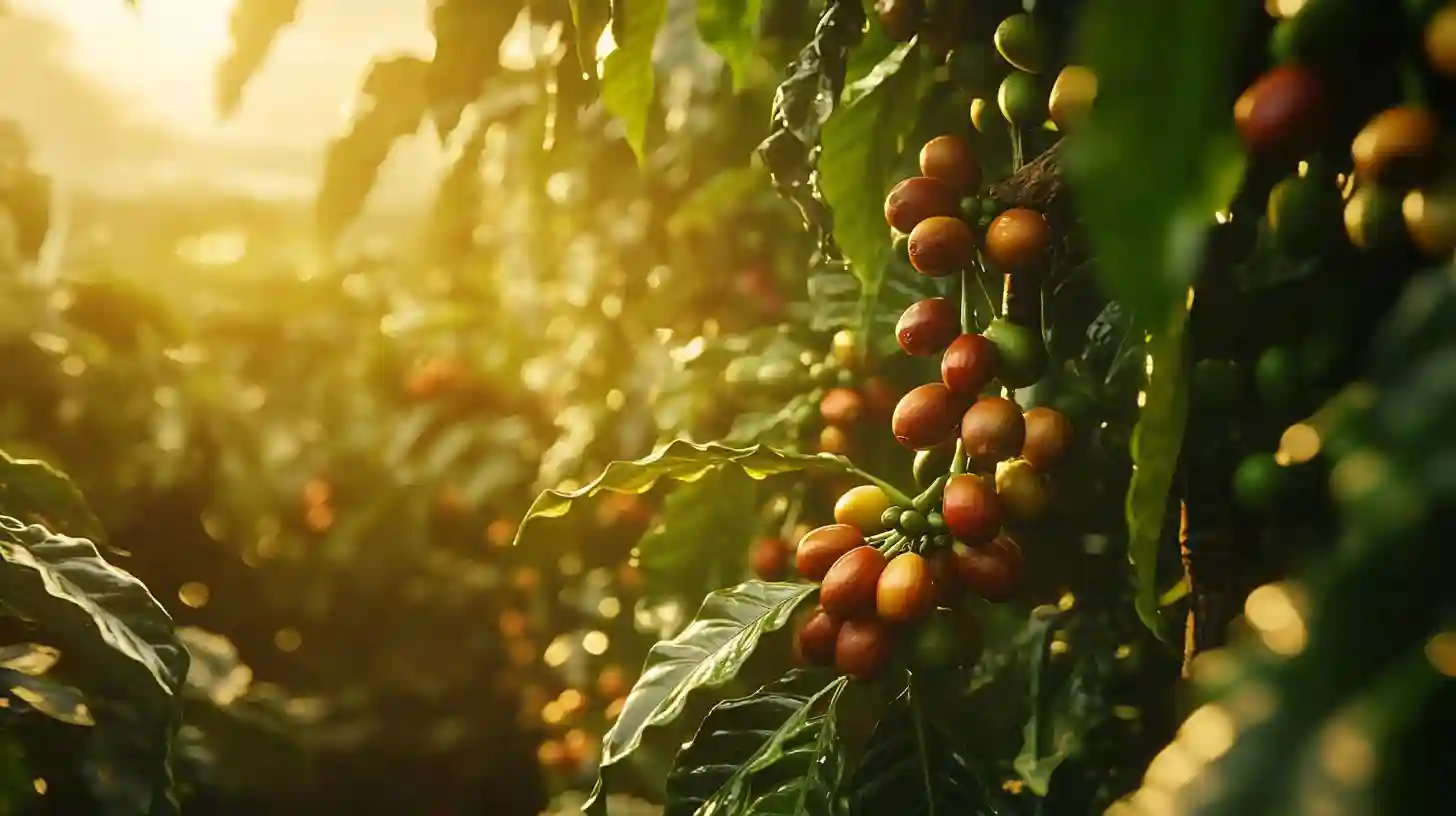
Infospherezone

The global coffee industry is a fascinating tapestry of culture, trade, and economics, weaving together diverse nations and communities in a shared love for this beloved beverage. From the lush, mountainous regions where coffee plants flourish to bustling urban centers where coffee shops line the streets, the journey of coffee beans forms an intricate web of economic activity that impacts millions of lives.
Coffee is one of the most widely traded commodities in the world, and its cultivation supports the livelihoods of numerous farmers across developing nations. Many of these farmers operate family-run farms, often passing down their knowledge and skills through generations. However, the journey from bean to cup is laden with challenges. Poor infrastructure, unstable market prices, and climate change significantly influence the income of coffee producers. As temperatures rise and weather patterns shift, coffee cultivation faces unprecedented risks, prompting farmers to explore new techniques, such as shade-grown coffee or sustainable practices, to adapt and thrive.
Trade dynamics play a crucial role in the economic landscape of coffee. Many coffee-producing nations rely heavily on this crop for their export income. This dependency can create economic vulnerabilities, as price fluctuations in global coffee markets can deeply affect the financial stability of those countries. Coffee's status as a cash crop attracts foreign investment and influences trade agreements, shaping not just the economies of coffee-producing nations but also the global market landscape. Supply chain complexities add another layer of intrigue, as coffee beans travel through various hands—from farmers to exporters, roasters, and finally, retailers before reaching consumers.
Consumer culture in the coffee industry has evolved dramatically over the years. The rise of specialty coffee has transformed coffee from a simple morning ritual into an experience. This shift has spurred a wave of artisanal coffee shops that cater to discerning palates, focusing on quality, origin, and ethical sourcing. The trend towards sustainable and fair-trade coffee has gained traction as consumers increasingly seek products that align with their values. This cultural shift not only influences purchasing decisions but also compels coffee producers to adopt more ethical practices that resonate with conscientious consumers.
E-commerce platforms have revolutionized the way coffee is marketed and sold, establishing direct relationships between consumers and producers. This direct-to-consumer model enables small-scale growers to bypass traditional supply chains, ensuring they receive a higher share of the profits while allowing consumers to access fresh beans from specific regions. Online marketplaces showcase the diverse flavors and profiles of various coffee beans, elevating the entire experience of coffee consumption. As consumers become more educated about the nuances of coffee, the demand for unique offerings continues to grow, pushing roasters to innovate and experiment.
Geographical branding also plays a significant role in the economics of coffee. Similar to wine, coffee is increasingly associated with specific regions known for their unique growing conditions and flavor profiles. The branding of regional coffee, such as Colombian or Ethiopian, not only adds value to the product but also creates a narrative that captivates consumers. This emphasis on origin elevates the status of coffee and allows regions to leverage their unique characteristics to capture higher prices in the marketplace.
The environmental impact of coffee cultivation cannot be overlooked. Coffee farming has implications for biodiversity, water usage, and land management. Sustainable practices are increasingly being adopted to address ecological concerns, allowing coffee to be produced in a manner that is both economically viable and environmentally sound. Efforts to promote agroforestry, organic farming, and climate-resilient crops have garnered attention as stakeholders recognize the necessity of balancing economic gain with environmental stewardship. This is especially pertinent in the face of climate change, prompting collaborative efforts among farmers, organizations, and consumers to advocate for more sustainable practices.
Innovation is another driving force reshaping the coffee industry. Advances in technology, from precision agriculture to automated roasting techniques, are changing the landscape of coffee production and distribution. The use of data analytics in understanding consumer preferences allows businesses to tailor their offerings more effectively, ensuring they meet evolving tastes. Moreover, the trend towards transparency in the supply chain fosters trust and accountability, encouraging consumers to support brands that prioritize ethical sourcing.
As the world becomes increasingly interconnected, the coffee industry remains a significant player in the global economy. Its impact begins with the farmers cultivating the beans and extends to consumers savoring their morning cup. The intricate relationships formed in this industry highlight the importance of understanding the economics behind this beloved beverage, revealing stories of resilience, innovation, and cultural significance that continue to brew around the world. The unfolding narrative of the global coffee industry reflects a dynamic interplay of economics, culture, and community that ever evolves, much like the coffee itself.